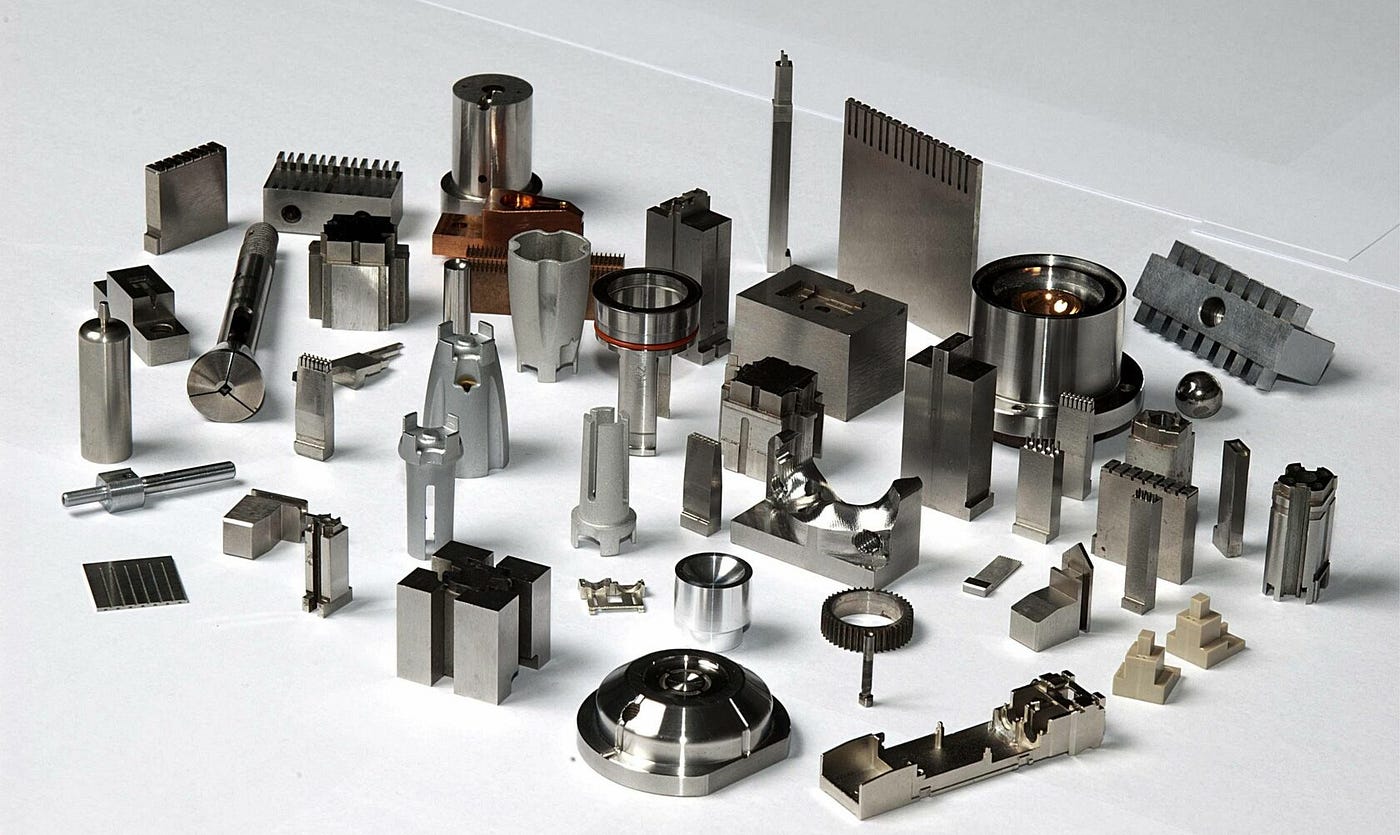Precision in manufacturing is not just a desirable trait; it is the very foundation upon which excellence in the industry is built. In an era where competition is fierce and customer expectations are constantly evolving, the ability to consistently produce high-quality products with precision has become a defining factor for success. In this article, we will delve into the pivotal role that precision plays in manufacturing excellence and explore how it impacts various aspects of the industry.
The Essence of Precision
Precision in manufacturing, particularly in processes like cylindrical grinding, refers to the degree of accuracy and consistency with which products are designed, fabricated, and assembled. It involves meticulous attention to detail, strict adherence to specifications, and the use of advanced technologies and techniques to minimize variations and errors. Achieving precision is not an isolated task; it is an overarching principle that extends to every stage of the manufacturing process.
Internal Link: SoapRPC’s Best Practices for Manufacturing Excellence
Precision and Product Quality
The most immediate and evident impact of precision in manufacturing is on product quality. When every component is manufactured to exact specifications and tolerances are minimized, the end result is a product that performs reliably and meets or exceeds customer expectations. The consistent quality of products not only enhances customer satisfaction but also reduces the likelihood of costly recalls and warranty claims.
Internal Link: Switching to SOAP: A Step-by-Step Guide
Precision and Cost Efficiency
Contrary to a common misconception, precision in manufacturing doesn’t necessarily lead to increased production costs. In fact, it often has the opposite effect. Precision allows for more efficient use of resources, as there is less waste and rework involved. It also reduces the need for excessive quality control measures, saving both time and money in the long run.
Precision and Innovation
Precision in manufacturing is a catalyst for innovation. When manufacturers have confidence in the accuracy of their processes, they are more inclined to push the boundaries of what is possible. This drive for innovation has led to breakthroughs in materials science, automation, and robotics, all of which contribute to the continuous improvement of manufacturing processes.
External Link: The Importance of Precision in Modern Manufacturing
Precision and Competitive Advantage
In today’s global marketplace, where competition knows no borders, precision can be a decisive factor in gaining a competitive advantage. Companies that consistently deliver high-quality, precise products are more likely to secure long-term contracts and partnerships. Their reputation for precision becomes a valuable asset that sets them apart from competitors.
Precision and Sustainability
Sustainability is a growing concern in the manufacturing industry. Precision plays a vital role in reducing environmental impact by minimizing material waste and energy consumption. Lean manufacturing principles, which emphasize precision and efficiency, are central to sustainability efforts aimed at reducing the carbon footprint of manufacturing operations.
Conclusion
In the world of manufacturing, precision is not an option; it’s a necessity. It permeates every aspect of the industry, from product quality and cost efficiency to innovation and competitive advantage. As manufacturers continue to embrace advanced technologies and techniques, the role of precision in achieving excellence will only become more pronounced. Those who master the art of precision will be the ones who lead the way in shaping the future of manufacturing.
So, whether you are a seasoned manufacturer or just beginning your journey in the field, remember that precision is the key to unlocking the door to manufacturing excellence.





